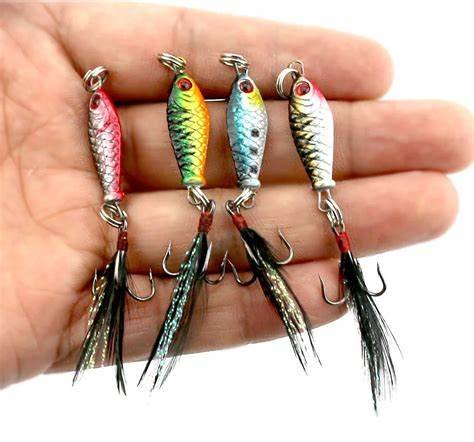Rescued cygnet perishes - lead poisoning to blame
Nancy Melcher
The Cosmos has learned that another of the Elgin Pond swans has passed away.
On March 6, the Cosmos reported that a cygnet that had collided with one of the utility lines running along Main Street last fall was being looked after by Shades of Hope Wildlife Refuge (SOH) in Pefferlaw, and that the cygnet was due to be released this spring. The Cosmos has since learned that the cygnet died in December, but not due to her injuries; rather, to lead poisoning.
An older photo of the swan family on Elgin Pond. The cygnet being discussed in this article is not in this photo, but the swan with the yellow tag, named “NutMeg”, was the mother of this cygnet. Cosmos file photo
At SOH, the young swan’s injuries were tended to by the staff. She was made comfortable and kept quiet while she healed. However, it was also discovered that she'd also ingested bits of lead - most likely discarded fishing gear - and was suffering from lead poisoning. Allison Taylor at SOH explained, "This is one of the leading causes of death in swans. If caught early enough, we do have treatments that work, but if the lead has already done significant damage, there’s not much we can do except make the bird as comfortable as possible and let him or her pass quietly.”
Staff at SOH treated the young swan with a process called chelation to try to lower her lead levels. This process leaches the lead out of the blood and bone. In some birds it is a successful treatment, and they regain their health.
Small lead fishing lures.
Lead gets into swans two ways. The first is by eating actual lead pieces. These could be fishing line sinkers, older lures, or shotgun pellets. The pellets lodge in the swan’s crop and are gradually ground down as the swan eats, creating micro particles that eventually get absorbed into the swan’s body. The second way lead enters a swan’s system is from their actual food. With their long necks they can reach water plants in the deeper parts of ponds, where sinkers, old lures, and pellets are stuck in the mud (some may have been there for over a century in Elgin Pond) and the lead is absorbed by the plants as they grow. The birds eat this contaminated foot, increasing their lead levels.
As the nicer weather approaches and those who fish in Elgin Pond prepare for the season, it may be worth it to think about how we can help to keep lead out of our waterways by using lead-free fishing gear. It would be one more way we can help to keep all our waterfowl, but especially our lovely trumpeter swans, safe from the tragic dangers of lead poisoning.


